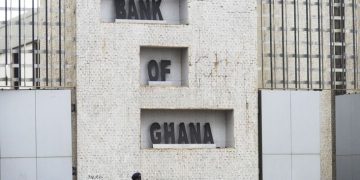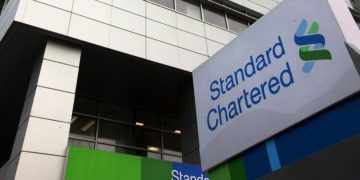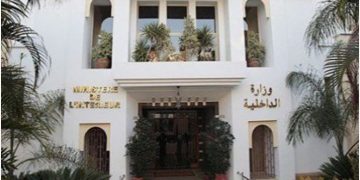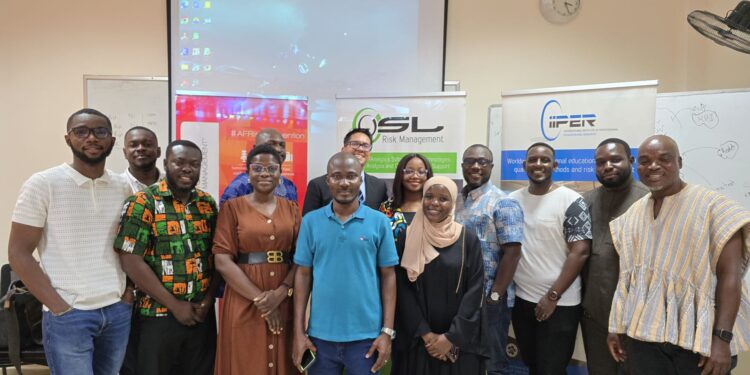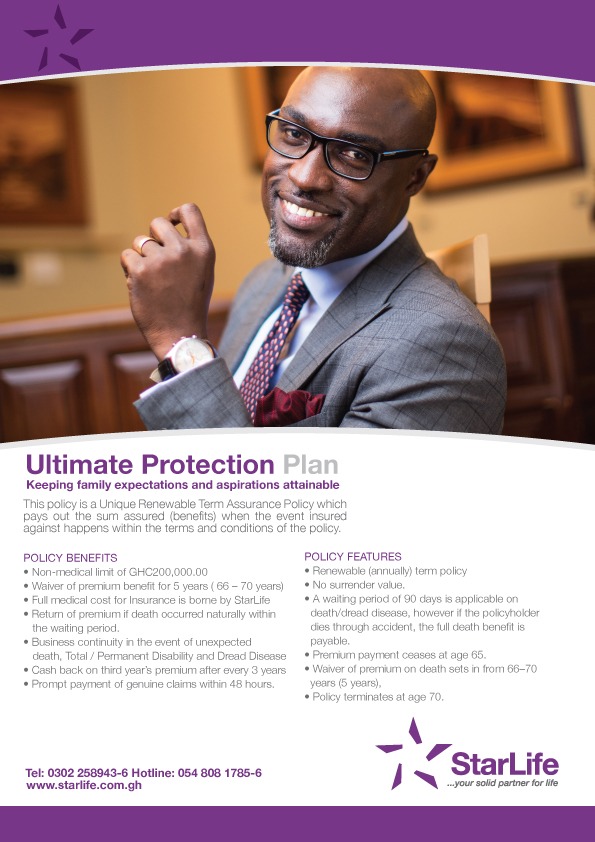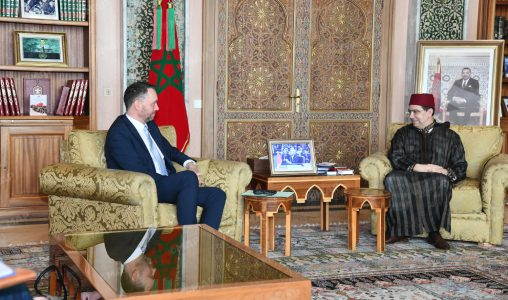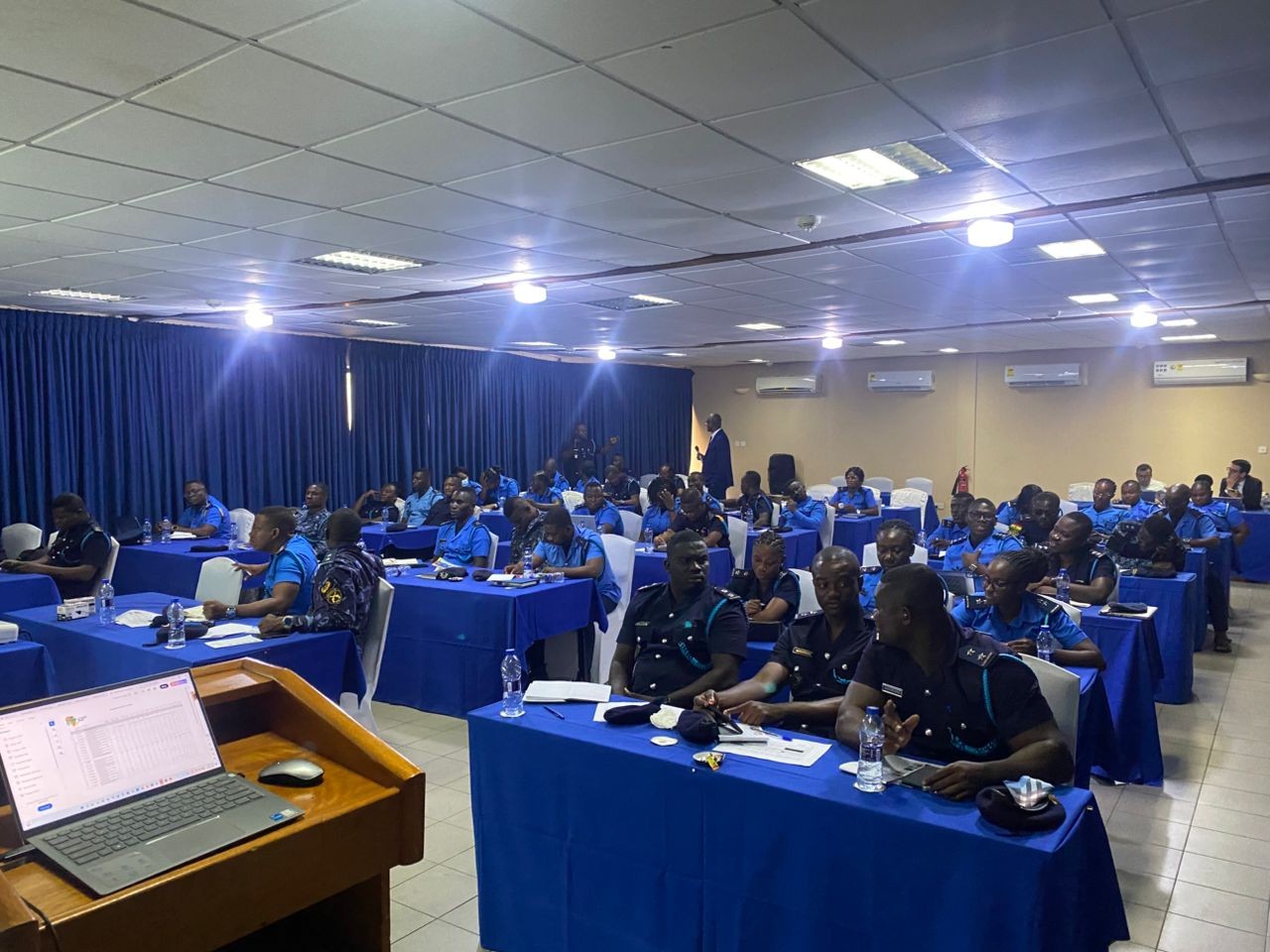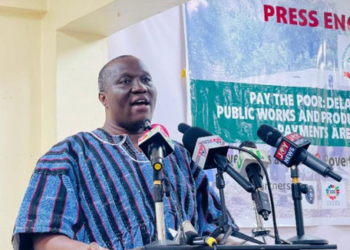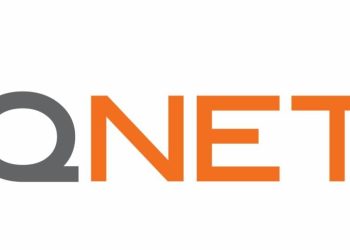Accra is fast becoming the epicentre of Africa’s data-driven transformation in business and finance. In August 2025, the city once again hosted the Certified in Quantitative Risk Management (CQRM) training — a globally recognised professional accreditation that is reshaping how organisations across the continent approach uncertainty and decision-making.
For five days, executives and analysts from banking, insurance, energy, telecoms, academia, and government gathered under one roof, united by a shared ambition: to use data, not instinct, to make smarter decisions. The CQRM programme, offered by the International Institute of Professional Education and Research (IIPER), has become one of the world’s most respected credentials in Quantitative Risk Management (QRM) — the scientific discipline that blends statistics, modelling, and simulation to quantify and manage risk.
A Global Standard, Anchored in Ghana
The CQRM accreditation has been delivered in leading cities such as London, Chicago, Tokyo, Madrid, and Bogotá — yet Ghana remains one of the few African countries to host face-to-face sessions. Since its introduction at the University of Professional Studies, Accra (UPSA) in 2019, the programme has seen remarkable growth, with over 80 Ghanaian and African professionals now CQRM-certified.
These professionals come from diverse industries — finance, energy, construction, mining, healthcare, education, and government — all united by one core principle: better decisions through quantitative intelligence.
“Quantitative Risk Management is not just about models — it’s about transforming the way leaders make decisions in uncertainty,” says Dr. Elvis Hernandez-Perdomo, Academic Director for CQRM Africa and a leading consultant in risk analytics and decision science. “Our participants leave equipped not just with tools, but with a new mindset — one that connects data, value, and strategy.”
Bridging Theory and Practice
The five-day programme (plus a final exam day) blends rigorous analytics with real-world application, covering:
– Monte Carlo risk simulation
– Forecasting and predictive modelling
– Project portfolio optimisation
– Business intelligence and Gen AI data analytics
– Strategic real options valuation
Participants engage in hands-on modelling, working through live case studies from global multinationals. This approach — combining practice, theory, and reflection — makes the CQRM experience both intellectually demanding and professionally transformative.
“The CQRM course changed how I approach data in every business decision,” shares Samuel Ashie, a risk manager at an Accra-based energy firm. “It gave me a structure to quantify uncertainty and communicate risk with confidence — skills that are invaluable in today’s volatile environment.”
Recognized by Global Institutions
What sets CQRM apart is its international recognition. The IIPER-CQRM accreditation is recognised for professional credits by the Project Management Institute (PMI), CFA Institute, AACSB International, American Institute of CPAs (AICPA), Energy Institute, Institution of Chemical Engineers (IChemE), and the Institute of Risk Management (IRM) — offering participants between 30 and 45 CPD, PDU, or CPE credits.
This cross-industry recognition positions CQRM not just as a qualification, but as a career accelerator — a signal of analytical excellence and leadership readiness in the modern data economy.
Why Ghana — Why Now
Africa’s economic landscape is changing fast. As organisations face increasing volatility — from financial uncertainty to climate and energy transitions — the ability to quantify risk and simulate outcomes is no longer optional; it’s strategic. Ghana’s leadership in adopting CQRM reflects a growing continental shift toward data-informed governance, investment, and policy.
The ripple effects are clear: companies and institutions led by CQRM-accredited professionals are reporting sharper scenario planning, more resilient strategies, and higher investor confidence.
Building Africa’s Next Generation of Risk Leaders
Dr. Hernandez-Perdomo believes this momentum is only the beginning. “Ghana has positioned itself as a continental leader in professional risk education,” he notes. “We’re seeing growing interest from Nigeria, Kenya, and South Africa — professionals who recognise that mastering quantitative analytics is key to driving Africa’s growth story.”
The next CQRM session in Accra is already scheduled for 2026, with expanded content in AI-driven forecasting and integrated risk analytics for energy and infrastructure projects — aligning with Africa’s broader economic transformation agenda.
Join the Movement
As the demand for data-driven decision-makers accelerates, the CQRM stands as a symbol of professional excellence and leadership across Africa.
Professionals eager to elevate their analytical capabilities and join the continent’s growing community of CQRM Fellows can contact IIPER Trustee, Adam B. Jehuri, at info@oslriskmanagement.com for details and early registration for the 2026 cohort.
CQRM at a Glance
- Duration: 5 days + final open-book exam• Recognition: 30–45 CPD/CE/PDU credits
• Delivered in: London, Chicago, Tokyo, Madrid, Bogotá, Accra
• Ghana Participants: 80+ certified professionals across industries
• Next Cohort: 2026 (Accra)
At a time when the world prizes evidence-based leadership, Ghana’s CQRM community is setting the pace for Africa — proving that the future of business belongs to those who can measure, model, and master uncertainty.






